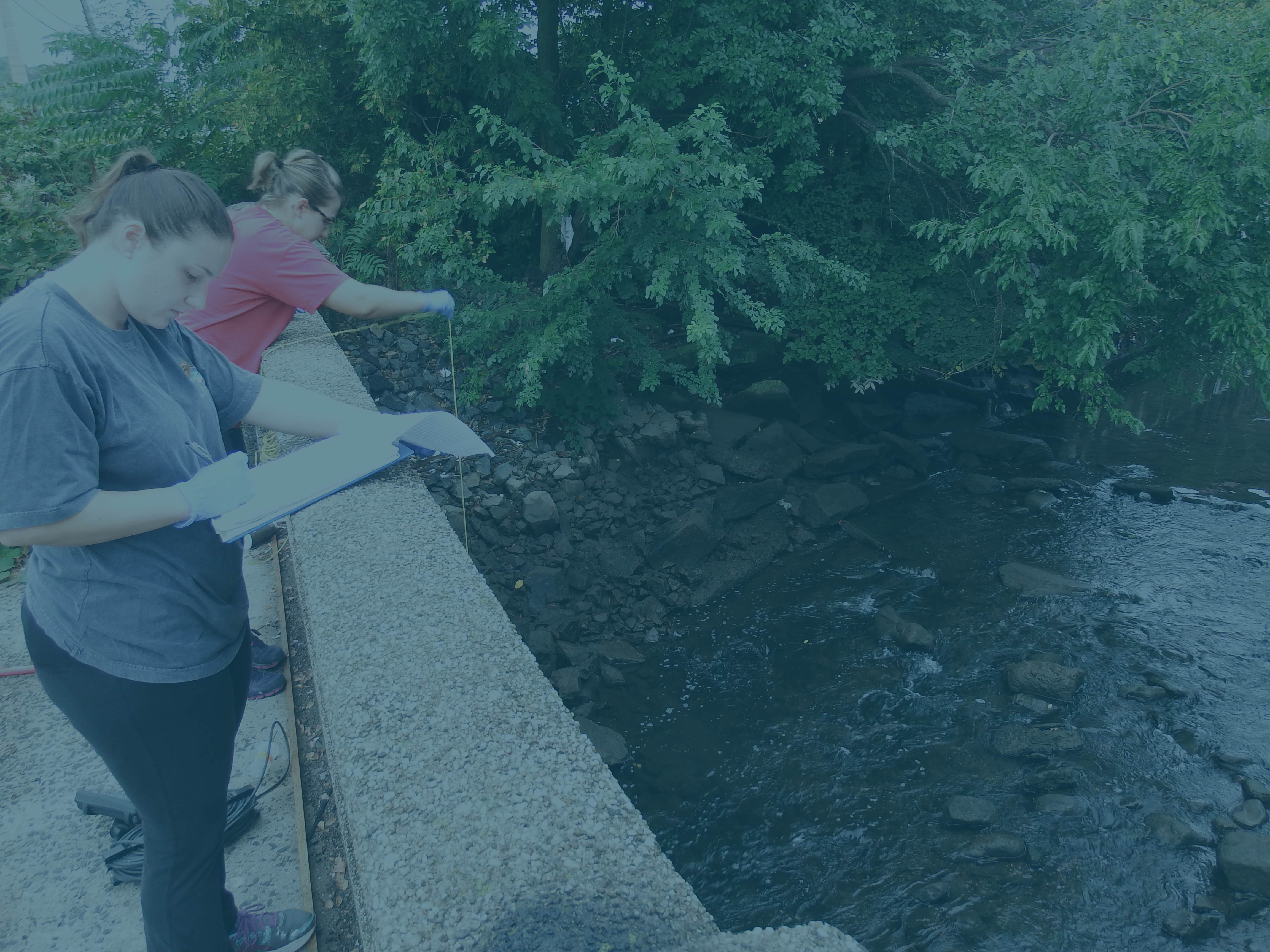
2002 Annual Report
In commemoration of the 30th anniversary of the Clean Water Act, 2002 has been
proclaimed as the Year of Clean Water. This Act set a national goal to restore
and maintain the physical, chemical, and biological integrity of the waters of the
United States. This year is also the 66th anniversary of an agency with a
mandate to protect this tri-state region’s waters long before the creation of state
and national environmental entities, and before national standards were
established. The Commission actively participated in activities related to the
Clean Water Act’s 30th anniversary. IEC’s annual boat inspection trip was
dedicated to the anniversary. The Commission co-sponsored and spoke at a twoday
conference reflecting on the past 30 years and looking towards the future.
And, IEC took part in the first annual National Water Monitoring day held on October 18th — the
actual anniversary of the Clean Water Act. These activities are included in this report.
On October 27, 2000, the President of the United States signed the Bill containing the
language that changed the name of this agency from the Interstate Sanitation Commission to the
Interstate Environmental Commission (IEC). The new name more accurately reflects the
Commission’s mandates, mission and responsibilities that embrace a broad range of programs and
activities that include air pollution, public involvement and education, and toxics. However, the
IEC’s continuing emphasis is on water quality — an area in which the Commission is a regulatory
and enforcement agency. The Commission’s website — www.iec-nynjct.org — contains
information on the IEC, including recent annual reports and other reports, and use links to other
appropriate websites. This annual report will also soon be available on the Commission’s website.
Following the recommendation of the Tri-State Treaty Commission, the Tri-State Compact
establishing the District and the Commission was enacted in 1936, with the Consent of Congress.
The Commission has an overall responsibility of protecting the environment by viewing the District
from a regional, impartial and unbiased perspective. Whereas each state deals with issues within
its own borders, the Commission can and does cross state lines. The Commission strives to
harmonize water quality standards, regulations and requirements throughout its District.
The Commission’s environmental programs and actions have greatly contributed to the many
significant improvements in the region’s waters. IEC’s adoption of the year-round disinfection
requirements was instrumental in opening thousands of acres of shellfish beds year-round rather than
only in the summer months, and has led to previously closed shellfish beds now being available for
harvesting. There have been fewer beach closings during the summer bathing seasons due to
elevated levels of coliform bacteria. During the three year period, 2000-2002, there were no beach
closure days caused by floatables or medical debris. In an effort to eliminate or, at a minimum,
lessen the impacts from planned sewage bypasses, in 1997, the Commission amended its regulations
to require mandatory notification to the IEC of planned sewage bypasses. Additionally, in
conjunction with its three states’ environmental and health departments, US EPA and NYC DEP,
the Commission coordinated and spearheaded the effort to have a computer model developed to
predict the impacts of unplanned sewage bypasses on area beaches and shellfish beds. As part of
this effort, regional notification protocols were developed and have been in place since the 1998
bathing season. This program has proved to be extremely effective and is an excellent example of
regional cooperation and coordination among many agencies.
DOWNLOAD REPORT